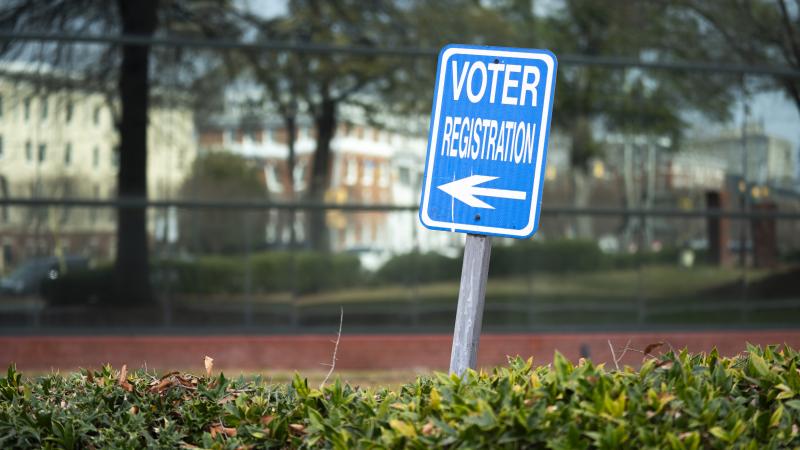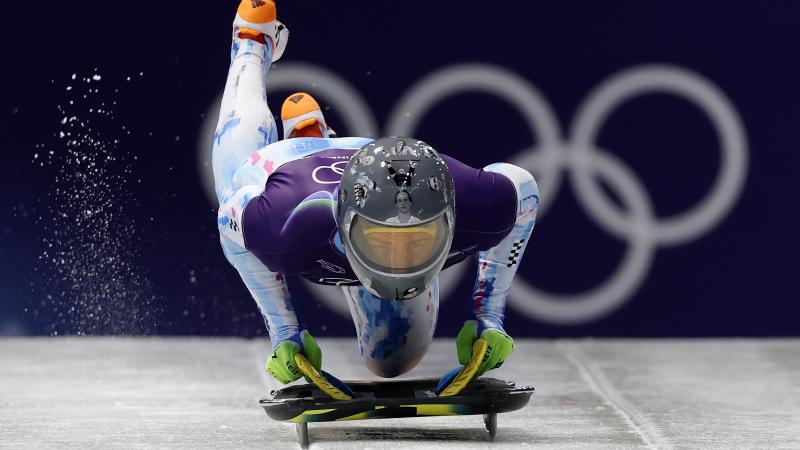Capitol Police, FBI uncover new potential deadly risk to female officers from body armor
Memo reveals new lab testing detected "skip effect" in which bullet can ricochet toward neck, jugular vein.
The U.S. Capitol Police alerted its rank-and-file this month that FBI lab testing of long-approved body armor has uncovered a previously unknown flaw that can subject female officers to deadly ricochets from bullets.
The advisory, obtained by Just the News, revealed that the FBI first detected the problem, known as the "skip effect," when it "departed from legacy testing protocols in a desire to test body armor in an 'as worn' condition, and to account for various body shapes and sizes."
"The testing revealed that when a projectile strikes the female body armor at an extreme angle on the upper chest area, the projectile does not penetrate the body armor, but rather, skips or deflects off the surface of the armor into the neck region," the advisory explained. "Because of the angle at which female body armor lays when worn, projectiles may skip off the top center of the female armor and travel to the area of the jugular notch" in the neck where the jugular vein passes.
The advisory said the current body armor that had been utilized by the FBI, Capitol Police and other law enforcement had been certified by the National Institute of Justice (NIJ) for years, but the FBI decided to create new testing to take into effect among other things the curvature of women's bodies on potential ricochet.
After the FBI tests unmasked the "skip effect," Capitol Police sent its armor to the FBI Ballistic Research Facility and confirmed the same problem and has assembled a team of executives and union members to find a fix, the memo stated.
"The USCP is committed to maximizing officer safety," the memo stated. "Therefore, although all Department body armor is certified by the NIJ, the Department is immediately undertaking steps to mitigate the risk outlined above for our female officers. To be clear, this is not an issue specific to USCP-issued body armor, or FBI body armor, but rather a newly discovered risk with all known commercial body armor. Body armor simply has not accounted for certain body shapes and 'as worn' conditions when being developed, tested, and certified.
A representative for the Fraternal Order of Police union representing Capitol Police officers declined immediate comment. The FBI national press office declined comment. The Capitol Police public affairs office did not immediately respond to a request for comment.
Key offices in Congress were also briefed on the findings. Lawmakers were told that finding a solution is "a top priority for the Department and is being conducted on an extremely accelerated timeline."
"The Department's objective is to provide our female officers with the best and most effective equipment available that ensures officer safety," the memo to the department's rank-and-file stated.
The new testing comes as efforts accelerate across the globe to address long-held concerns by female soldiers and cops about the way their body armor fits. A study this year by the National Institutes of Health's National Center for Biotechnology Information made several recommendations after studying the armor of 97 Australian female soldiers.
"To improve perceptions of fit for female soldiers and, in turn, reduce movement interference, discomfort, and barriers to occupational performance, future body armour systems should cater to the wide range of female breast and torso shapes and sizes."
The Homeland Security Department’s Science and Technology Directorate began in effort in fall 2019 to assess female officer’s concerns about body armor, noting most equipment in the field was “gender neutral.” It recommended new standards be developed in the future for bullet proof vests for women officers.












